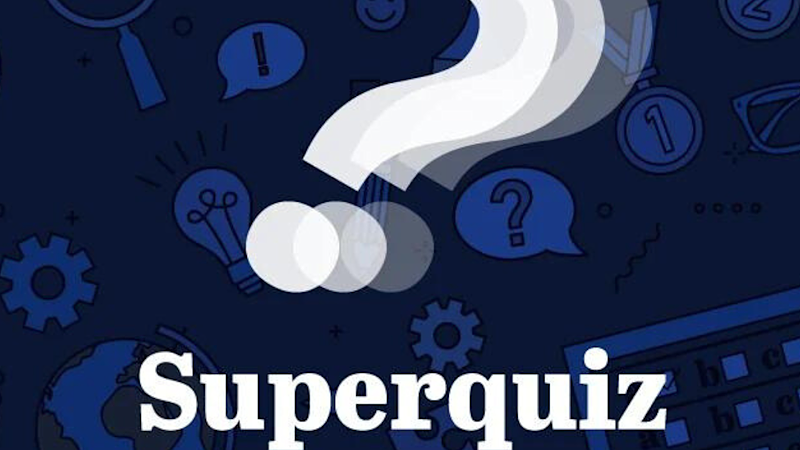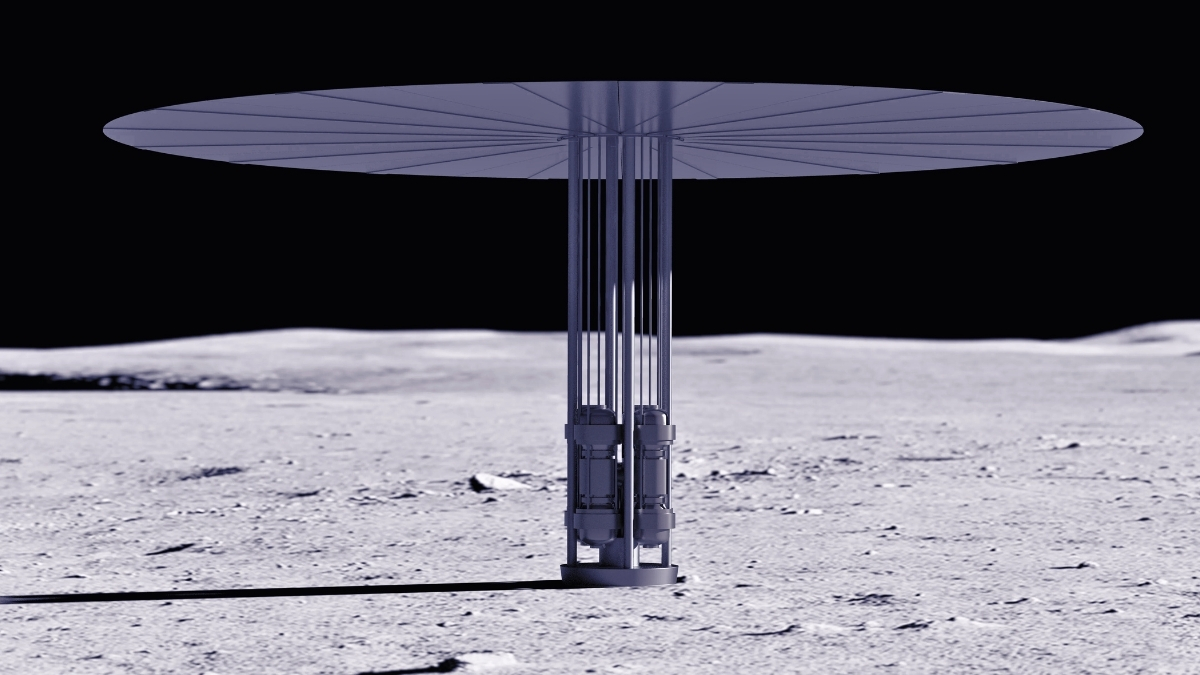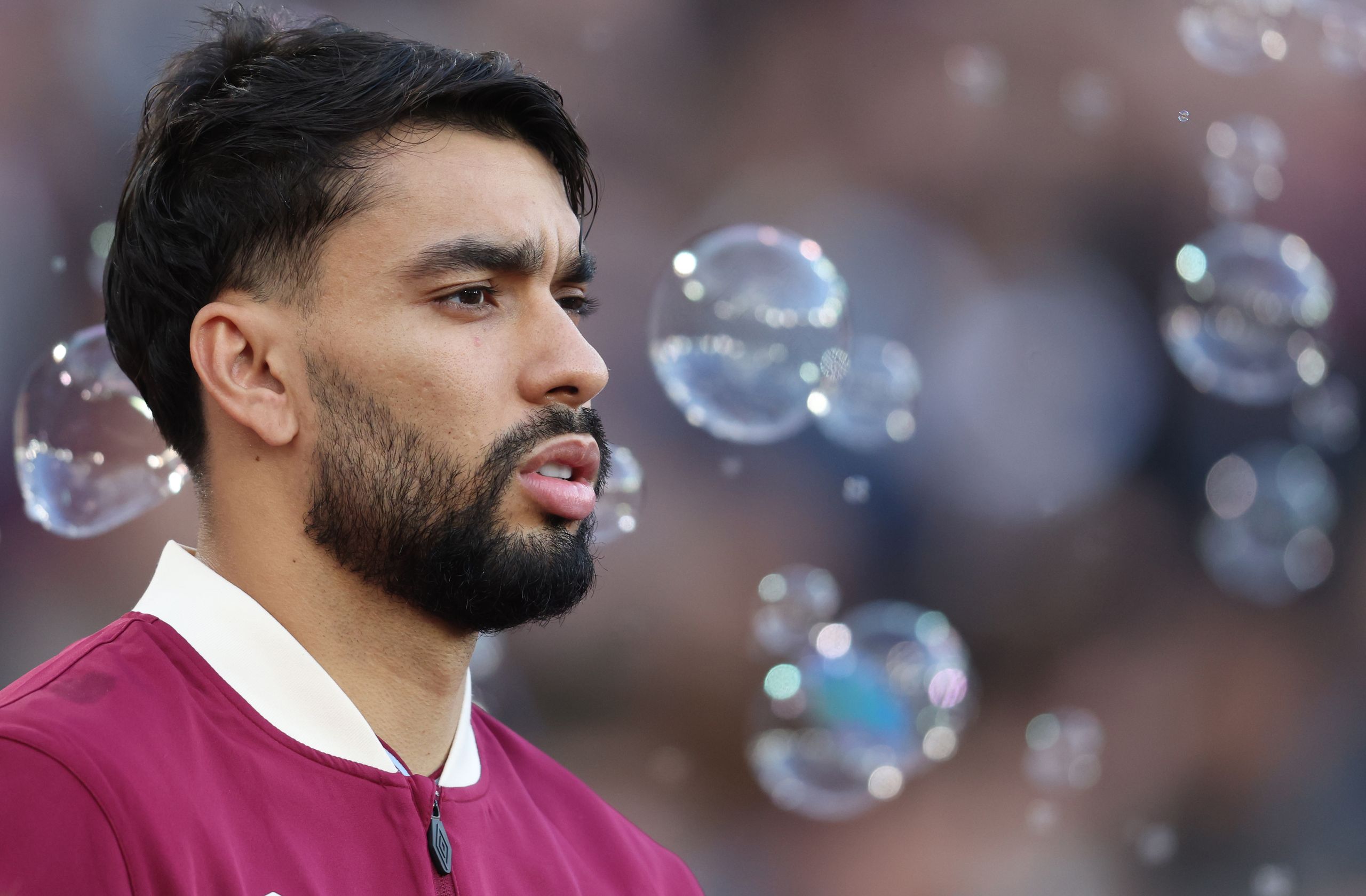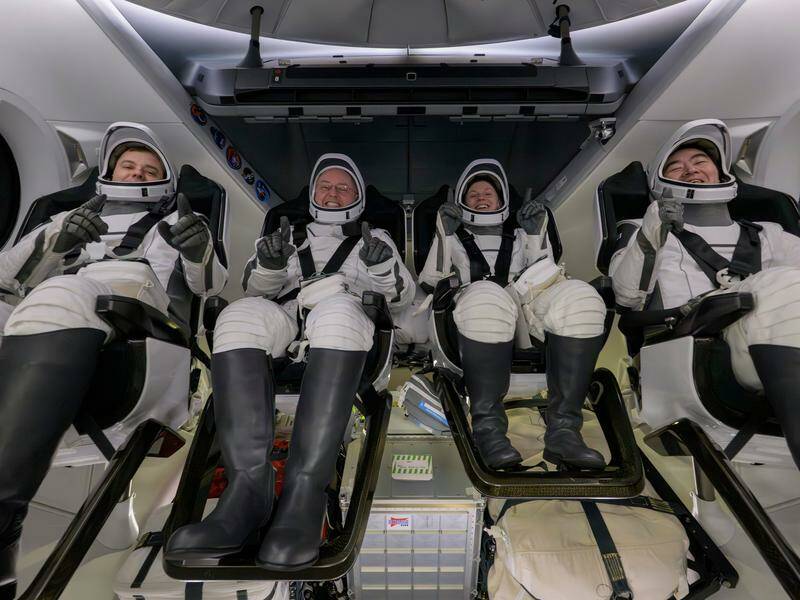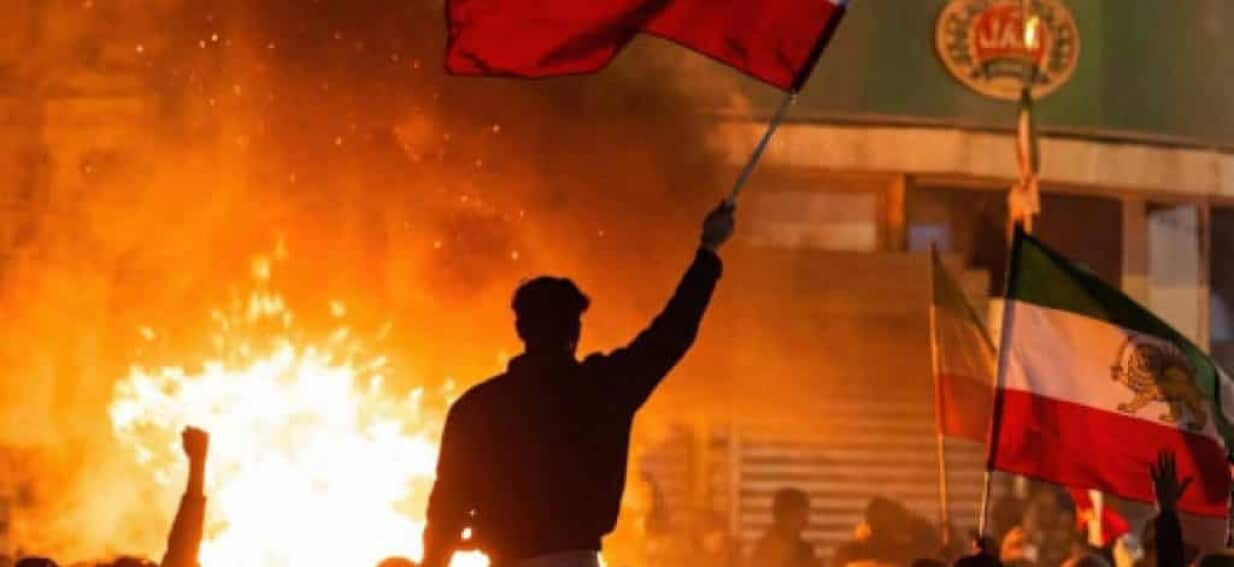
Pope Leo arrived in Ankara, Turkey, on March 14, 2024, for a significant three-day visit that marks his first overseas trip since his election. The itinerary includes meetings with political leaders, visits to culturally sensitive sites, and speeches that are expected to clarify his geopolitical views. This visit is being closely monitored as it provides an opportunity for the new pope to communicate his stance on various global issues.
Massimo Faggioli, an Italian scholar who studies the Vatican, emphasized the importance of this trip, stating, “It’s a very important trip because we do not know much yet about Leo’s geopolitical views, and this is the first big chance for him to make them clear.” Pope Leo, elected in May 2023, succeeded the late Pope Francis, who had intended to visit Turkey and Lebanon but was unable to due to health concerns.
During his time in Turkey, Pope Leo is scheduled to meet with President Recep Tayyip Erdogan and address political leaders in Ankara. The pope will then travel to Istanbul, where he will meet Patriarch Bartholomew, the spiritual leader of the world’s 260 million Orthodox Christians. The relationship between Orthodox and Catholic Christians has evolved since the East-West Schism of 1054, with efforts made in recent decades to strengthen ties.
Significant Cultural Engagements
On March 15, Pope Leo and Patriarch Bartholomew will visit Iznik, located 140 kilometers southeast of Istanbul. Iznik, formerly known as Nicaea, is historically significant as the site where early Christian leaders formulated the Nicene Creed, which outlines core beliefs shared by most Christians today. This visit underscores the pope’s commitment to fostering dialogue and unity among Christian denominations.
In a notable departure from tradition, Pope Leo is expected to deliver his speeches in English during this trip, rather than the customary Italian. This decision may reflect his intention to reach a broader audience and emphasize the inclusivity of his message.
Focus on Peace in Lebanon
The pope’s journey will continue to Lebanon on March 17, where peace is anticipated to be a central theme. Lebanon, home to the largest percentage of Christians in the Middle East, has been deeply affected by the ongoing Gaza conflict, particularly following a recent escalation involving Hezbollah. The Israeli military conducted an airstrike on March 10, targeting a top military figure in Hezbollah, despite a year-long, US-brokered truce.
Vatican spokesman Matteo Bruni confirmed on March 11 that security measures are in place to ensure the pope’s safety during his visit to Lebanon, although he refrained from providing specific details on those precautions. The region’s instability will likely shape the pope’s discussions and public engagements.
As Pope Leo embarks on this pivotal journey, the global community will be watching closely to see how he addresses pressing issues and promotes dialogue among various faiths. His leadership will be scrutinized as he navigates the complexities of modern geopolitics and the role of the Catholic Church in fostering peace and unity.
